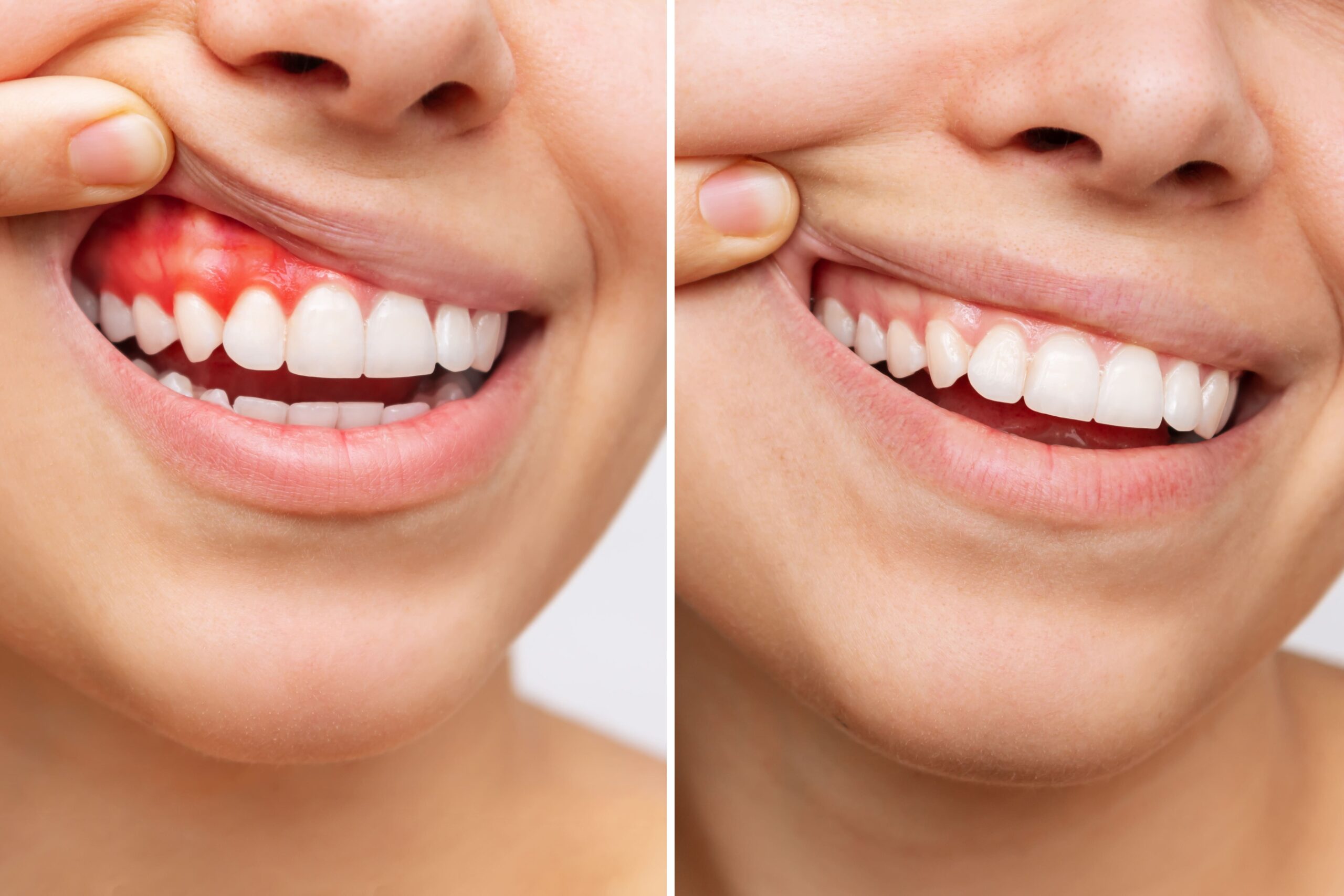
You don’t notice it at first. Maybe a little pink in the sink. It disappears quickly. Then it happens again. A bit more visible. You press your gums. They’re sore. Not always. But enough to make you pause. Bleeding gums aren’t a phase. They’re a sign. When ignored, that sign becomes inflammation. And it rarely reverses itself.
Gums respond differently when the brushing motion is wrong
It’s not about how often. It’s about how well. People brush twice a day, but still miss. The angle matters. Pressure matters. Turkish dentists often recommend circular motions. Not scrubbing. Electric toothbrushes help. But even the best brush won’t fix bad technique. Gum lines suffer when bristles dig too deep. Or when corners are skipped entirely.
Flossing isn’t optional when plaque hides between teeth
Toothbrushes clean what they can reach. But gum disease hides where they can’t. Between molars. Below the contact point. Floss removes what brushes can’t touch. Yet most people skip it. Or do it wrong. The “snap and pull” move does more harm than good. Istanbul clinics teach a “C-curve” method. Wrapping the floss gently around the tooth. Sliding, not cutting.
The tongue holds more bacteria than most realize
You brush your teeth. You rinse. But the tongue remains untouched. It’s a problem. A loaded one. The tongue holds bacterial film. Especially near the back. These bacteria fuel gum inflammation. Tongue scrapers help. Even the back of a toothbrush can work. But skipping this step means leaving behind half the battle. Every single morning.
Mouthwash helps, but not the kind that numbs everything
Not all rinses are equal. Some just freshen breath. Others target bacteria. The wrong one dries your mouth. That’s a problem. Dry mouth limits natural cleansing. Turkish periodontists often suggest alcohol-free formulas. Chlorhexidine is used, but not long term. Daily use requires balance. You want to kill bacteria, not your microbiome.
Smoking makes it harder for the gums to fight back
Nicotine restricts blood flow. It tightens the vessels. That means less oxygen to the gums. Healing slows. Infections grow quietly. Smokers often don’t see early signs. The bleeding is less visible. But bone loss moves faster. Istanbul clinics note slower post-treatment recovery in smokers. Prevention becomes even more important if quitting isn’t an option yet.
Hormonal shifts change how gums behave
It’s not just habits. Hormones matter too. Puberty. Pregnancy. Menopause. Each shift changes blood flow. Gums swell. They become more reactive. Even brushing gently can cause irritation. Female patients in İzmir often report increased bleeding during menstrual cycles. Dentists recommend adjusting oral routines during these phases. Softer brushes. More rinsing. Less pressure.
Stress isn’t silent—it reaches the gums too
Chronic stress raises cortisol. That affects immunity. It also increases inflammation. Gums don’t escape this. You might grind your teeth more. Sleep less. Eat poorly. All of it adds up. In Turkish urban centers, work stress is a leading indirect cause of gum disease. Not through neglect alone. But through systemic inflammation and lowered defenses.
Skipping cleanings because nothing hurts is a trap
Pain isn’t the first sign. It’s the last. Early gum disease is usually painless. That’s what makes it dangerous. Patients feel fine. But exams reveal deepening pockets. Tartar under the surface. Dentists in Ankara stress routine cleaning every six months. Especially for those with crowns or implants. Early intervention works. Late reactions cost more.
The same brush for months does more damage than good
Old brushes fray. Bristles bend. And when they bend, they scratch instead of sweep. A three-month rotation is key. Turkish pharmacies sell indicator brushes that fade with time. If yours still looks “fine” after four months, it probably wasn’t working the way it should. Worn bristles push bacteria deeper into the gumline. They don’t remove it.
Water alone doesn’t wash away food caught under bridges
Dental bridges hide a lot. Especially near the gums. Water rinsing helps, but not enough. Interdental brushes make a difference. So do water flossers. Patients with restorations need more than a basic routine. In Antalya clinics, hygienists often show patients how to lift floss under the bridge. Gently. With precision. Or food remains lodged, feeding bacteria daily.
Soft diet isn’t always good news for your gums
Soft food seems gentle. But chewing hard textures stimulates the gums. It increases circulation. A purely soft diet can limit this. Gum tissue stays weaker. Patients recovering from oral surgery often return with minor inflammation. Turkish dietitians sometimes recommend crunchy vegetables. Carrots. Apples. Things that clean while you eat. Texture trains the mouth too.
Brushing after breakfast matters more than people admit
Morning routines vary. But timing counts. Brushing right after waking removes night bacteria. But eating, then brushing, clears food film. Especially carbs. Leaving toast particles near the gumline all morning invites acid. Clinics in Bursa encourage brushing 20 minutes after meals. Not right after acidic foods, though. Let enamel recover first.
Diabetes doesn’t just affect sugar—it weakens gum response too
Uncontrolled diabetes reduces healing. It increases infection risk. Gums become fragile. Bleeding, recession, bone loss. The link is proven. Turkish dental records often show faster gum deterioration in patients with HbA1c over 8. Proper oral care becomes medical necessity. Not cosmetic. Not preventive. Mandatory for long-term stability.
Pregnancy gingivitis isn’t just a temporary problem
Gums bleed more. They swell. Many assume it fades after birth. Sometimes it does. Sometimes it doesn’t. If left untreated, it can turn into permanent gum damage. Hormonal gingivitis needs gentle brushing, special toothpaste, and more frequent checkups. Clinics in Ankara advise expectant mothers to visit during the second trimester. Safer. Less stressful. More effective.
Not all mouth pain comes from teeth alone
Jaw soreness. Gum pressure. Pain that shifts sides. Sometimes it’s muscular. Sometimes it’s early periodontal stress. Turkish dentists often use periodontal probes to check pocket depth. Pain may not point to a single tooth. But to the space around it. That space shouldn’t deepen over time. If it does, it invites disease.
Bone loss doesn’t announce itself until it’s visible on X-rays
By the time you see it, it’s already far along. Bone pulls away from the tooth. The gum follows. Teeth loosen. But all of it begins invisibly. X-rays are essential. Digital ones offer less radiation. Clinics across Türkiye now include them in annual checkups. What you don’t see can still be lost.
